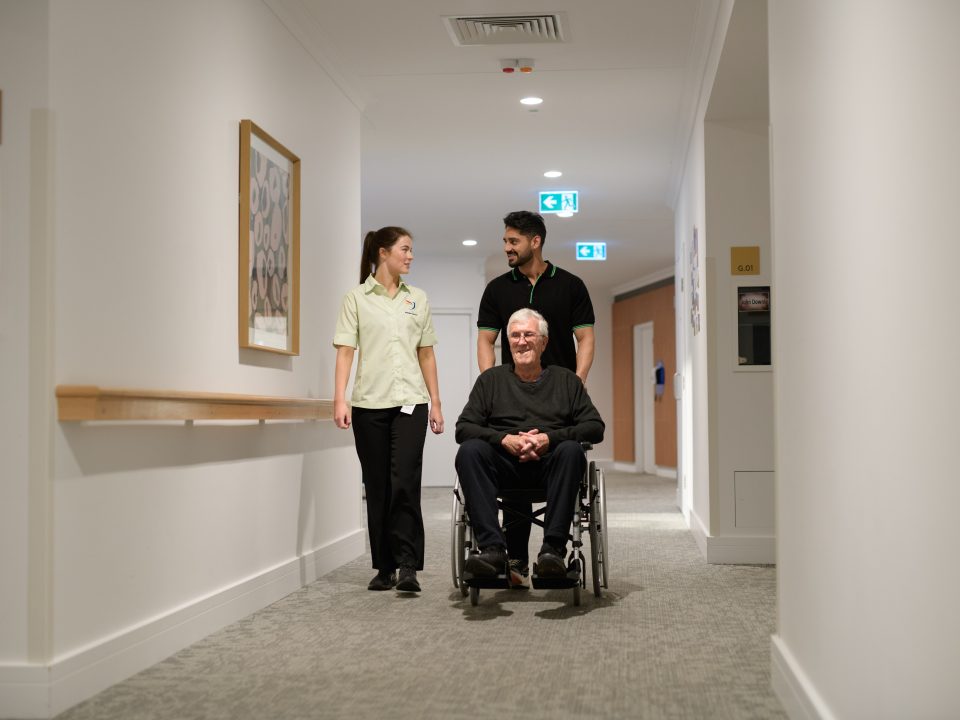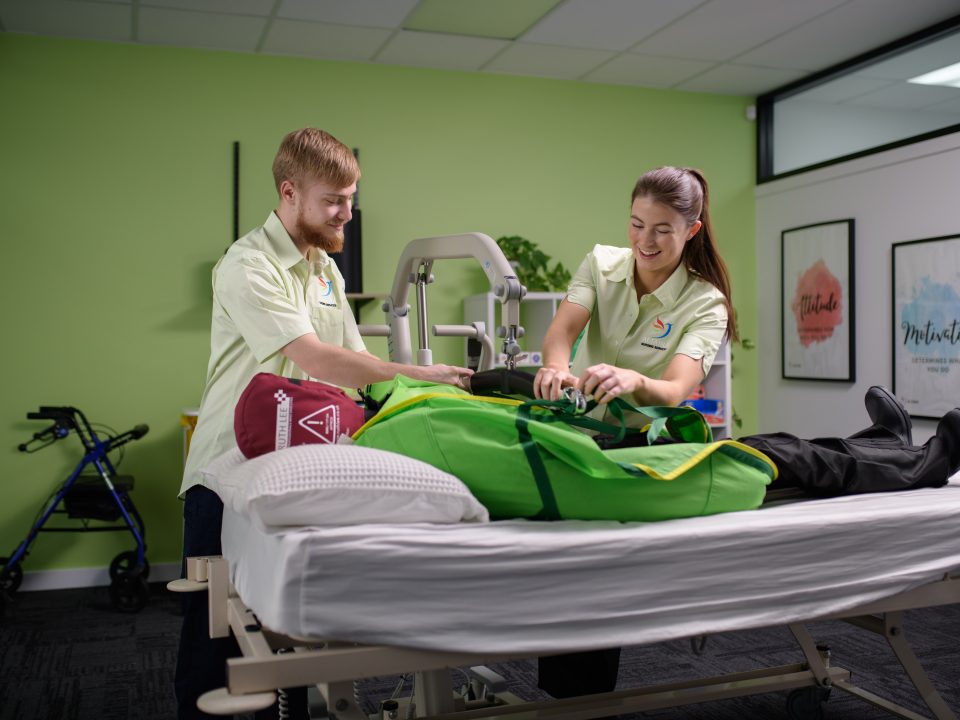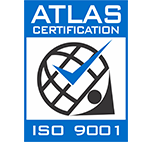
Join Altaira and receive a 2K Bonus!
August 31, 2022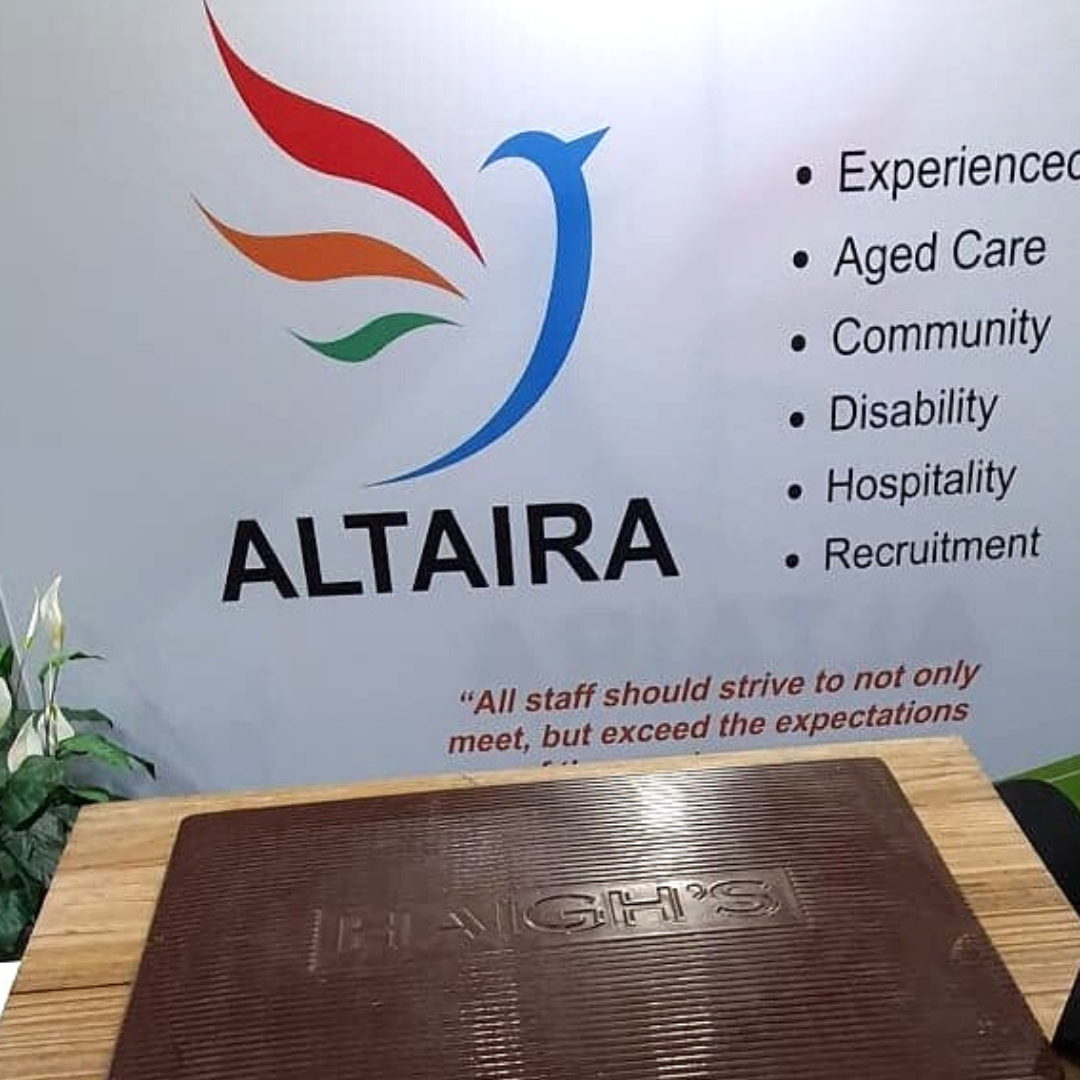
Altaira set to entice ACCPA National Conference delegates with their delectable Chocolate Station
September 23, 2022Tendinopathy
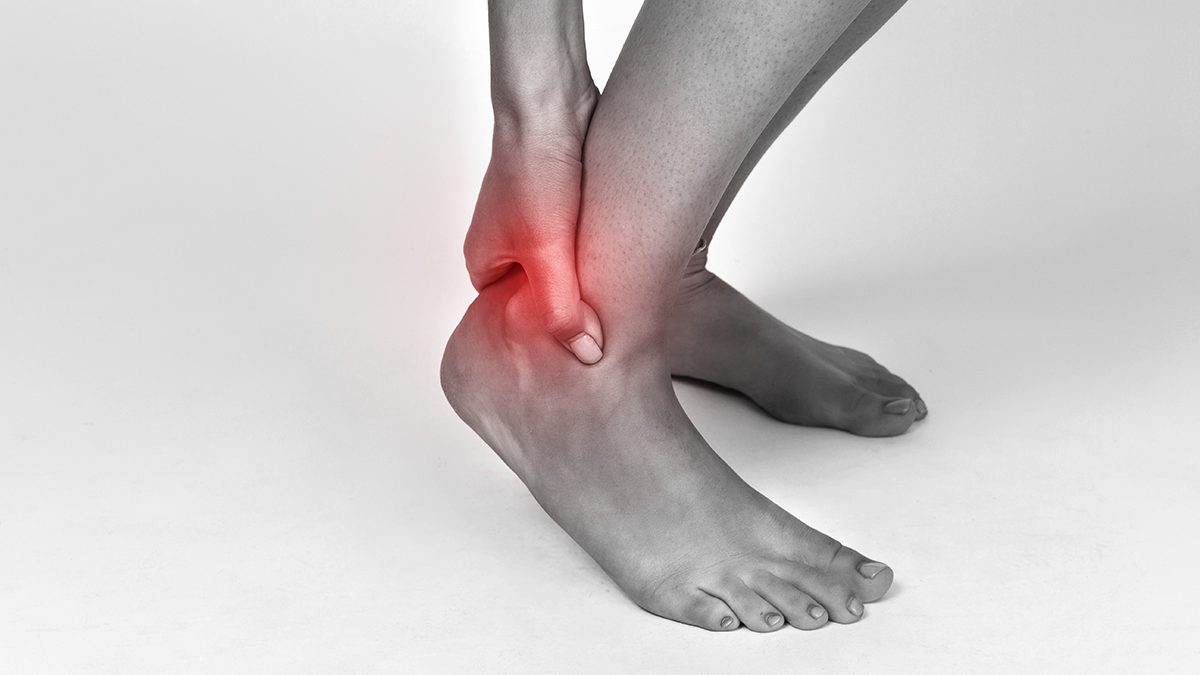
The pain and discomfort caused by tendinopathy can interfere with how you live your daily life. It may hinder you from exercising, playing sport, doing housework or even just walking around properly. The good news is that it is a treatable condition that can be improved by seeking help from a physiotherapist or other appropriate health care professional.
Tendinopathy, also known as tendinosis, is a term used to describe pain, swelling and reduced function associated with tendons. This condition is caused by overuse and overloading of the tendons where the tendon is overly strained and tears begin to form, particularly common in the knee, shoulder, wrist, shin and heel areas.
Tendinopathy refers to the breakdown of collagen in a tendon which consequently leads to a burning pain sensation as well as reduced flexibility and range of motion. Other symptoms associated with tendinopathy may include stiffness, loss of strength in the area, swelling, tenderness and redness and warmth around the area.
There are various risk factors that can contribute to the development of tendinopathy including high intensity training, lack of flexibility, lack of strength, too much weight on the tendon, certain sports, poor technique and repetitive tasks like lifting, painting, scrubbing, shoveling and typing. This condition is not just present in athletes, it can often be due to poor blood circulation in a particular tendon area from a sedentary lifestyle.
To initially treat tendinopathy, home treatment such as resting the painful area and applying ice may be beneficial options, however, rest alone is not always an effective treatment. If pain is persistent, it is recommended to seek assistance from a health care professional like a physiotherapist to help determine the cause of the pain and what an appropriate treatment plan would entail. These treatment options may include eccentric exercises to rebuild the strength of the tendon, as well as deep friction massage to stimulate the generation of new collagen fibres.
Altaira’s Lead Physiotherapist, Michael, holds both a Bachelor of Physiotherapy and Bachelor of Medical Science degrees, and has an extensive background in Occupational Health. He is an Australian Physiotherapy Association member and believes in the provision of evidence based practice and holistic client-centred care. He is extremely passionate about assisting clients to maintain their independence and empowering them to self-manage their musculoskeletal health in a way that is relevant and meaningful for them. Book in a consult with Michael via: Make a Booking (nookal.com) Learn more about Altaira’s Allied Health services: Allied Health – Altaira Services
https://bestpractice.bmj.com/topics/en-us/582
https://www.ncbi.nlm.nih.gov/pmc/articles/PMC2505250/
https://physioworks.com.au/faq/what-is-a-tendinopathy/
https://my.clevelandclinic.org/health/diseases/22289-tendinopathy


